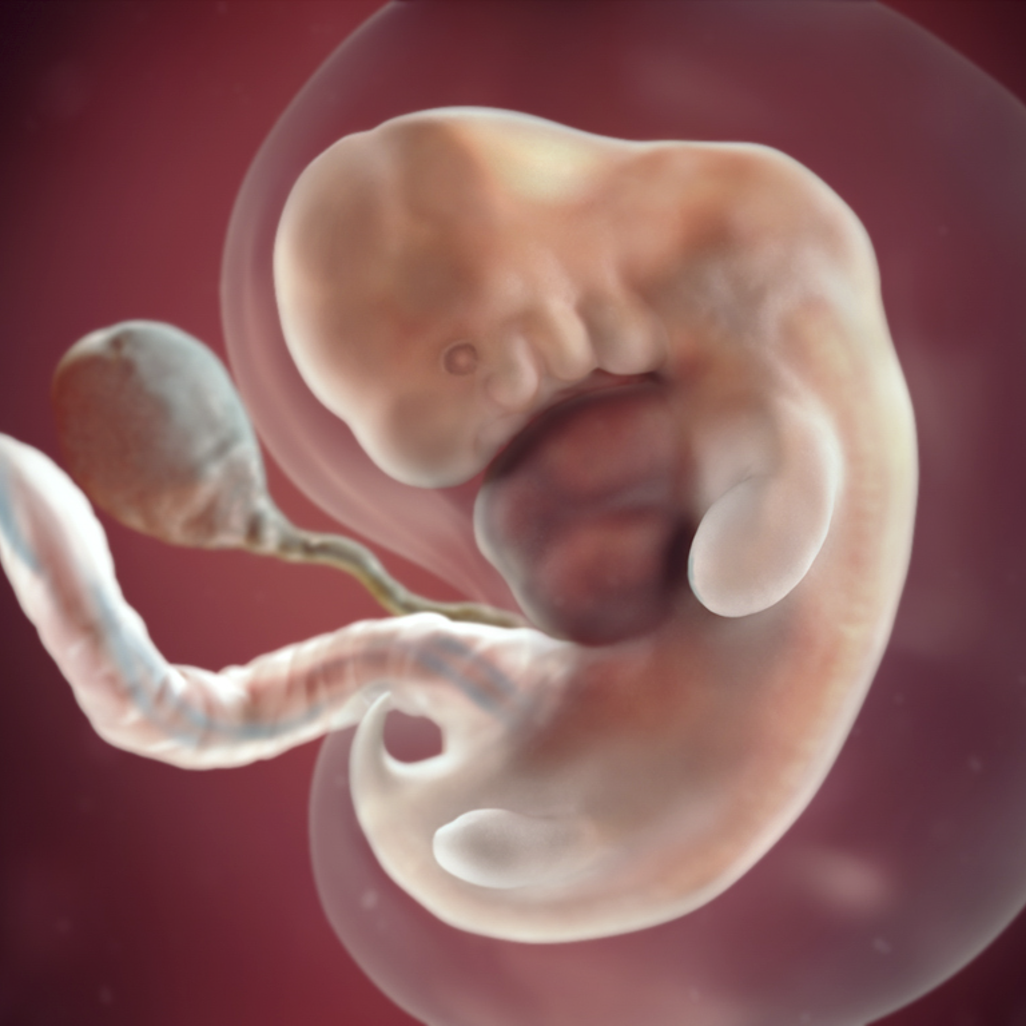Your body changes so rapidly during pregnancy that it's hard to know whether a new ache or symptom is "normal," or if you should call your healthcare provider or even head to the emergency room. Check out our rundown of symptoms you should never ignore. And remember the bottom line: If you're worried, trust your instincts and get help.
Many newly pregnant women find that they're overwhelmed by gag-inducing smells. This may be a side effect of rapidly increasing levels of estrogen in your system. You may even discover that your partner, pet, or home smells unappealing now. But take heart, this heightened sense of smell is temporary, and will likely fade after early pregnancy.
You may suddenly find that certain foods you used to enjoy are now completely repulsive to you. Food aversions are another side effect of rapidly increasing estrogen levels. They often start during the first trimester and go away by the second, though it's possible that your appetite could be out of whack until your baby is born.
Frequent urge to pee
Needing to pee more often is one of the most common early signs of pregnancy. At this stage it's likely caused by hormonal changes that make your blood flow to your kidneys more quickly, filling your bladder more often.
Mood swings
Many pregnant women find that moodiness flares up around 6 to 10 weeks. Ricocheting emotions are likely caused by stress, fatigue, and hormonal changes. There's also the range of feelings you may have about becoming a parent.
Excessive saliva
You're not imagining it – it's normal to have more saliva when you're pregnant. You may be producing more or swallowing less – or a combination of the two. Hormonal changes, nausea, and heartburn can all cause you to salivate more during pregnancy. To cope, try brushing your teeth more often, eat small and balanced meals, and drink plenty of water. Also, sucking on hard candy or chewing gum may help you swallow.
Constipation
Up to half of women experience constipation at some point during pregnancy. This happens because pregnancy hormones relax smooth muscles in the body, which means food moves through your system more slowly. You can combat constipation by eating high-fiber foods (like whole grains, fruits, vegetables, and legumes), drinking plenty of water, exercising, trying a different prenatal vitamin, and always going to the bathroom when you feel the urge.
Heartburn
Heartburn (also known as acid indigestion or acid reflux) is a burning sensation between the lower throat and the bottom of the breastbone. It's very uncomfortable and unfortunately unavoidable for some expecting moms. There are a number of things you can do to reduce heartburn: avoid food and drinks that upset your stomach, eat smaller meals, drink water in between meals instead of with them, chew gum, sleep propped up, and don't eat within two or three hours of bedtime.
No pregnancy symptoms?
By next week, 90 percent of expecting moms feel some pregnancy symptoms. But that's not everyone! If you don't feel pregnant (or have symptoms that come and go), rest assured that if you've had a positive pregnancy test, you're most likely pregnant. No one knows why some women have no pregnancy symptoms, but it doesn't mean that there's something wrong with your pregnancy.
















